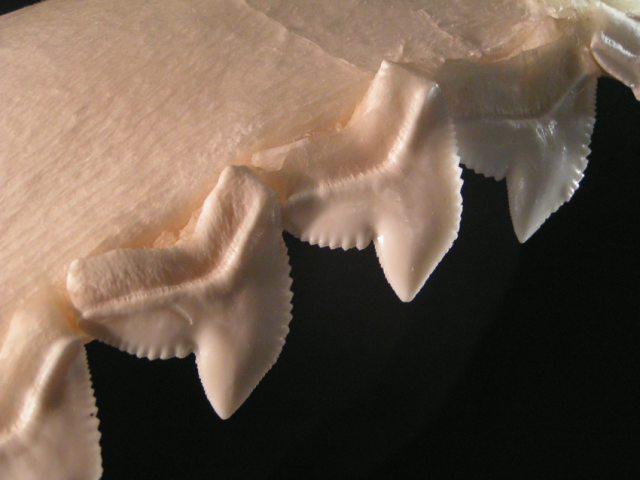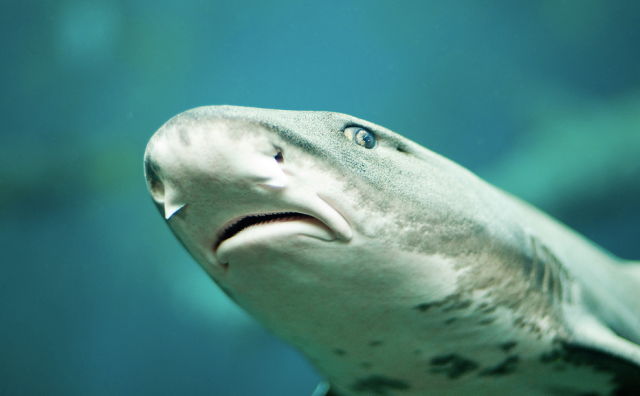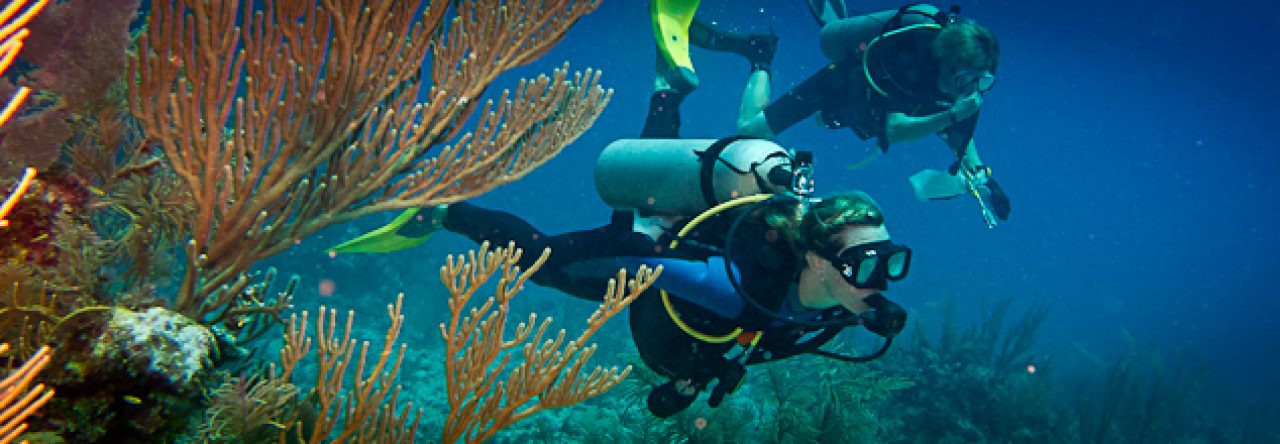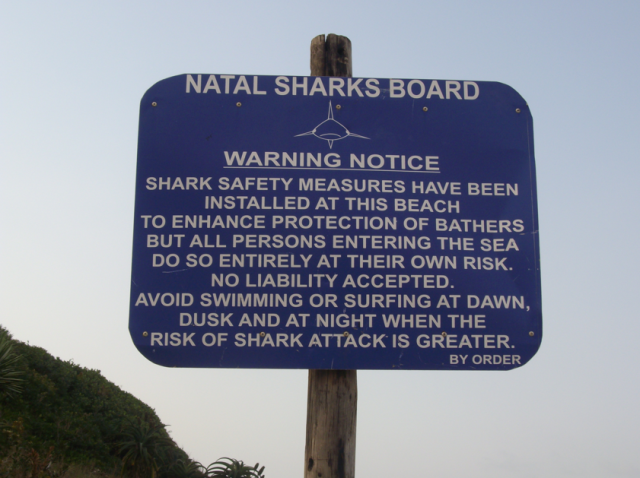Words are important. The saying “sticks and stones may break my bones, but words will never hurt me”, is a lie. Words hurt, every day. They hurt a lot of people. They can be responsible for losing your home owner’s insurance, they can cause fights, break ups, murders. The ripple effect of words is more powerful than sticks or stones, or guns.
A well placed word can last a lifetime in someone’s memory.
What comes to your mind when you hear the words “shark attack”? A Jaws-eque blood bath? A rogue shark killer on the loose?
But for all that vivid imagery that accompanies those words, 90% of shark attacks are not fatal. What’s up with that? How is that even possible, sharks attacking people so viciously and yet most of us yummy yummy people making it out with our limbs and lives?
Currently, all shark encounters are classified as an attack…so even something as uneventful as a shark swimming in the waves with surfers can be called an “attack”. A bite off a surfboard or kayak is an attack. A textured rib rubbing against you while you jump in the waves is an attack. And so is the accidental toe or leg bite, that does not have any following feeding frenzy.
What is the deal? Researchers want to change the language of sharks, getting rid of the broad terminology “shark attack” to replace it with four more specific (less emotionally charged) categories: Shark sightings (no contact is made), shark encounters (a little bump in the night, but no bite); shark bites, where there is a single bite and only minor injury, and fatal shark bites: for those rare occurrences that result in death.
Where did the phrase “shark attacks” come from? It is an incorrect assumption that we have always called shark visits, “attacks”. In the 1920’s, shark bites in the US were actually referred to as “accidents”, which is a lot closer to what is probably occurring.
In the 1930’s, a man named Sir Victor Coppelson entered the picture to grace us with his idea of what was going on in a series of shark bites on an Australian beach. Vicky coined the term “the rogue shark”, attributing human qualities to sharks, like vengeance. In his idea, not all sharks were bad, but there were definitely bad apples…and they would constantly seek out and kill human water enjoyers. These bad apples could only be dealt with by killing them, because they would never repent their man eating ways.
Enter the idea of hunting out the shark- perpetrator of a bite. Many innocent sharks get killed in the process of hunting out the shark responsible….which is pretty unlikely anyway.
And enter the hysteria behind the idea that there is a specific man eating shark out there in the ocean, right now, who is lusting after your delicious, delicious limbs.
See the power of language? A rogue shark, a man eater, a vengeful shark with a taste for human blood, a shark that seeks out humans to attack….All of these words pack a punch in people’s perceptions of sharks…but they are tossed around freely. These words cause hysteria, and misconception. These words lead to hate and hateful action.
The rogue shark idea has been disproved. Shark encounters that occur more frequently in some areas have been attributed to ecological factors, and multiple animals, as opposed to one lone shark hunting out people. For instance, surfing in a shark breeding ground. Who is to blame?

With more specific language, we can learn more about trends in different areas, we can learn more about shark behavior, and our own. We can learn how to prevent fatal bites by perhaps abstaining from certain areas, or entering into those areas with the knowledge of inherent risk. we can capitalize on other areas, by marketing shark encounters for those enlightened people who see the merit and joy in an afternoon swim with a shark.
But most importantly, I think we should take a moment to consider the weight of the words we speak, every day. Imagine if every word you said was taken literally and in the most dramatic sense…would those words be causing harm?
Be mindful before you speak a mouthful,
xmerbabe

Articles I referenced: news.com.au, The Guardian, Slate.com, and this super weird article that I’m not so sure about.



